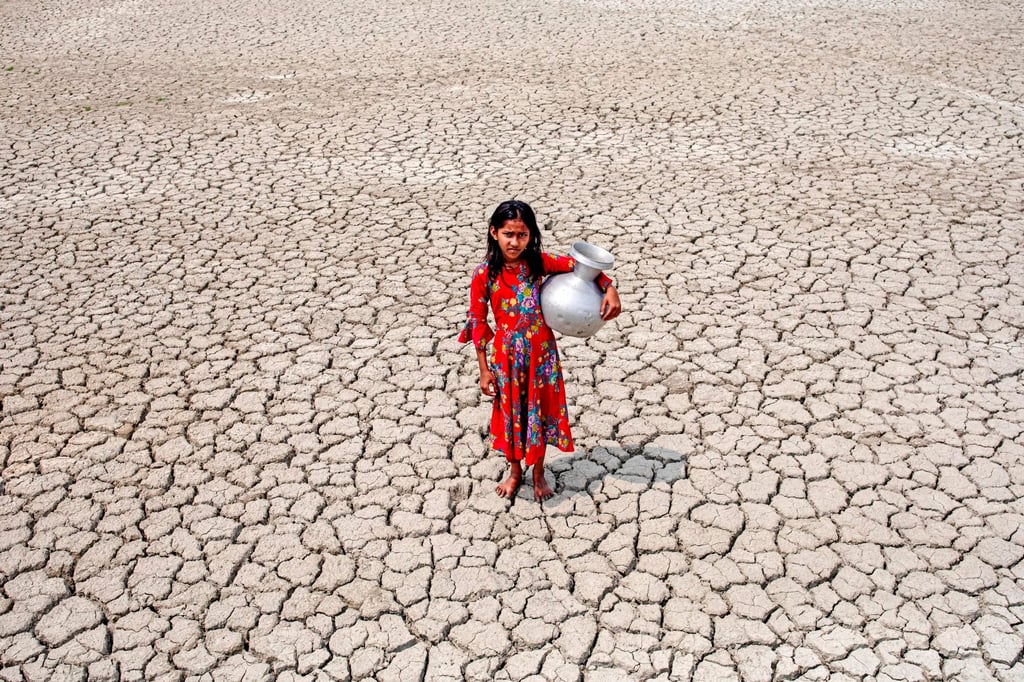How climate change disasters cause mental health issues like anxiety and depression, shown to devastating effect in Bangladesh
- Climate disasters and extreme weather can have a severe impact on mental health, such as by causing or compounding anxiety and depression
- Online counselling and volunteer training are ways NGOs in Bangladesh hope to help disaster survivors in a country with too few mental health professionals

As Ripon Mondal’s family try to recover from the drought that ruined their watermelon crop in central Bangladesh in 2022, the 19-year-old university student fears that his father’s financial worries are just the tip of the iceberg.
“I can feel my father’s mental distress,” Mondal said.
“He has to pay for our studies, and sometimes I feel terrible about the debts piling up.”
The family lives in a village in the Kamarkhola Union area, which is surrounded by four rivers, leaving them far from any mental health services – a reality faced by many people in Bangladesh, especially those in rural and remote parts.
“I would have to cross at least two rivers and travel a long distance to reach a hospital where I can find a psychologist,” Mondal said.

As Bangladesh faces worsening climate change impacts on a warming planet – from droughts and floods to sea level rise and storms – health professionals and organisations in the country are increasingly concerned about deteriorating mental health.
